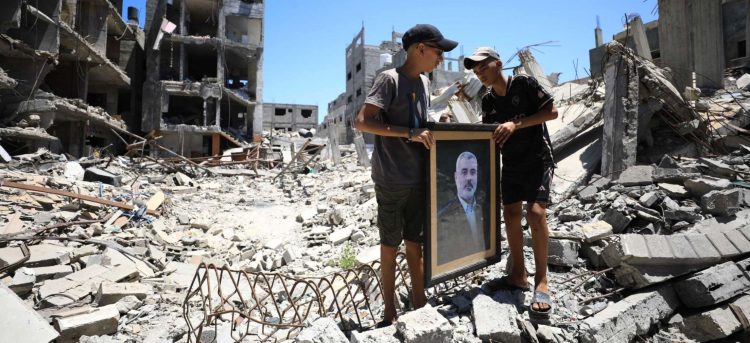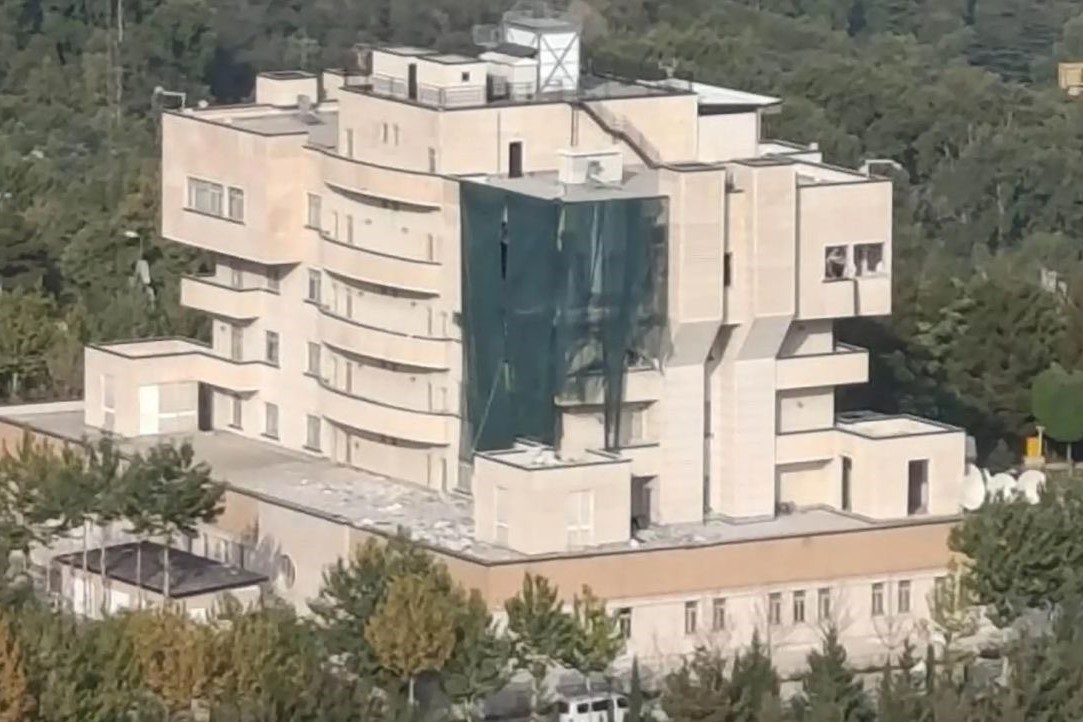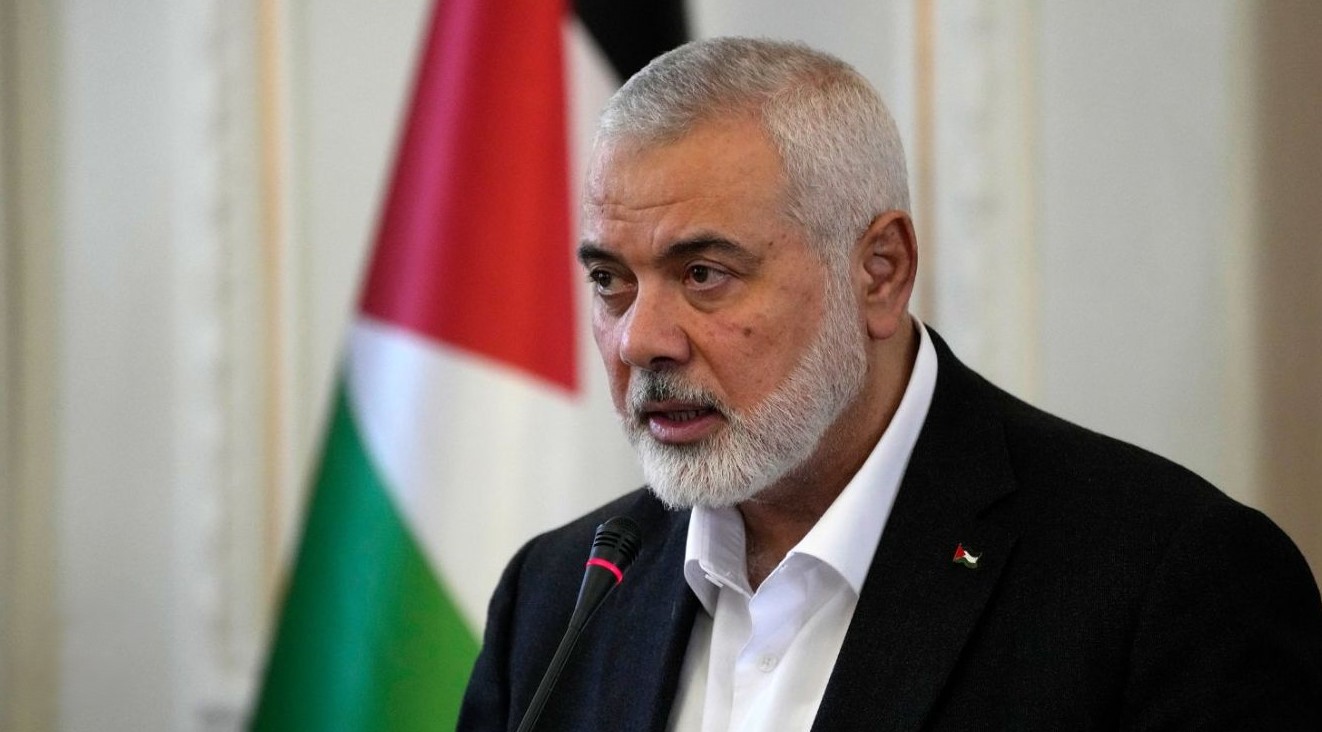Mossad’s Possible Involvement in Haniyeh’s Death
Advanced Planning and Execution
The operation required meticulous planning, including planting a bomb well in advance at Haniyeh’s residence. This level of detail is consistent with Mossad’s capabilities, particularly the Kidon unit, known for its proficiency in covert operations and assassinations. Kidon operatives are highly trained in various methods, including using explosives and sniper attacks, making them suitable for high-risk missions.
The Kidon unit, part of Israel’s national intelligence agency Mossad, is one of the most secretive and elite assassination squads in the world. Established in the early 1970s, Kidon was created to handle covert operations that require a high degree of precision and secrecy. The unit’s name, which means “spear” in Hebrew, reflects its role as the sharp point of Mossad’s offensive capabilities. Kidon operatives are known for their expertise in surveillance, intelligence gathering, and executing high-profile targets, often in hostile environments. The unit gained significant notoriety during Operation Wrath of God, a series of retaliatory assassinations following the 1972 Munich Olympics massacre, where Israeli athletes were killed by the Palestinian group Black September.
Throughout its history, Kidon has been involved in numerous high-stakes operations. These include the assassination of Imad Mughniyeh, a senior Hezbollah military commander, in Damascus in 2008 and the targeted killings of Iranian nuclear scientists between 2010 and 2012. Kidon operatives are meticulously selected and undergo rigorous training to prepare for missions that often involve complex logistical challenges and significant risks. Their training includes mastering various forms of combat, explosives, and covert entry techniques. The unit operates under a veil of extreme secrecy, with details about its members and operations rarely disclosed publicly.
The effectiveness of Kidon lies in its ability to carry out precise and often high-profile assassinations that align with Israel’s broader strategic objectives. Despite controversies surrounding the legality and morality of targeted killings, Kidon has been instrumental in neutralizing perceived threats to Israel’s security. The unit’s operations are typically sanctioned at the highest levels of the Israeli government, reflecting its critical role in national defense. Kidon’s activities have had a significant impact on Israel’s geopolitical standing, demonstrating the country’s willingness and capability to project power beyond its borders to safeguard its interests.
Strategic Targeting
Mossad has a history of targeting high-profile figures who pose threats to Israel’s security. Haniyeh, as a senior leader of Hamas, was a significant target due to his role in orchestrating attacks against Israel, including the October 7, 2023 raids. By eliminating him, Israel aims to destabilize Hamas’s leadership and diminish its operational capabilities.
Regional Implications
The assassination in Iran, a staunch ally of Hamas, indicates Mossad’s ability to operate within hostile territories. This bold move demonstrates Israel’s commitment to neutralizing threats regardless of geographical boundaries, further showcasing Mossad’s extensive intelligence network and operational reach.
Reactions and Implications
The assassination has triggered a wave of reactions from various stakeholders. Hamas has vowed retaliation, promising to avenge Haniyeh’s death. Iran, a known supporter of Hamas, condemned the attack, labeling it a “treacherous Zionist raid” and accusing Israel of violating international laws. The Iranian government has pledged to support Hamas in its response, further complicating the already volatile situation in the region.
Israel, on the other hand, has justified the assassination as a necessary step to ensure its security. Israeli Prime Minister Benjamin Netanyahu stated that Haniyeh was responsible for orchestrating numerous attacks against Israel and that his death was a significant blow to Hamas’s operational capabilities.
Escalating Tensions
This incident has the potential to escalate the ongoing conflict between Israel and Hamas. Analysts fear that the assassination could lead to a new wave of violence, both in Gaza and beyond. The international community has expressed concern over the potential for a broader conflict, urging both sides to exercise restraint. The region is poised on the brink of all-out war.
Conclusion
The assassination of Ismail Haniyeh underscores Mossad’s formidable capabilities in executing high-stakes operations. While Israel has neither confirmed nor denied its involvement, the precision and execution style strongly suggest Mossad’s hand in the operation. As the situation unfolds, the geopolitical ramifications of this targeted killing will likely shape the region’s dynamics in the coming months.
—
Disclaimer: SOFREP utilizes AI for image generation and article research. Occasionally, it’s like handing a chimpanzee the keys to your liquor cabinet. It’s not always perfect and if a mistake is made, we own up to it full stop. In a world where information comes at us in tidal waves, it is an important tool that helps us sift through the brass for live rounds.












COMMENTS